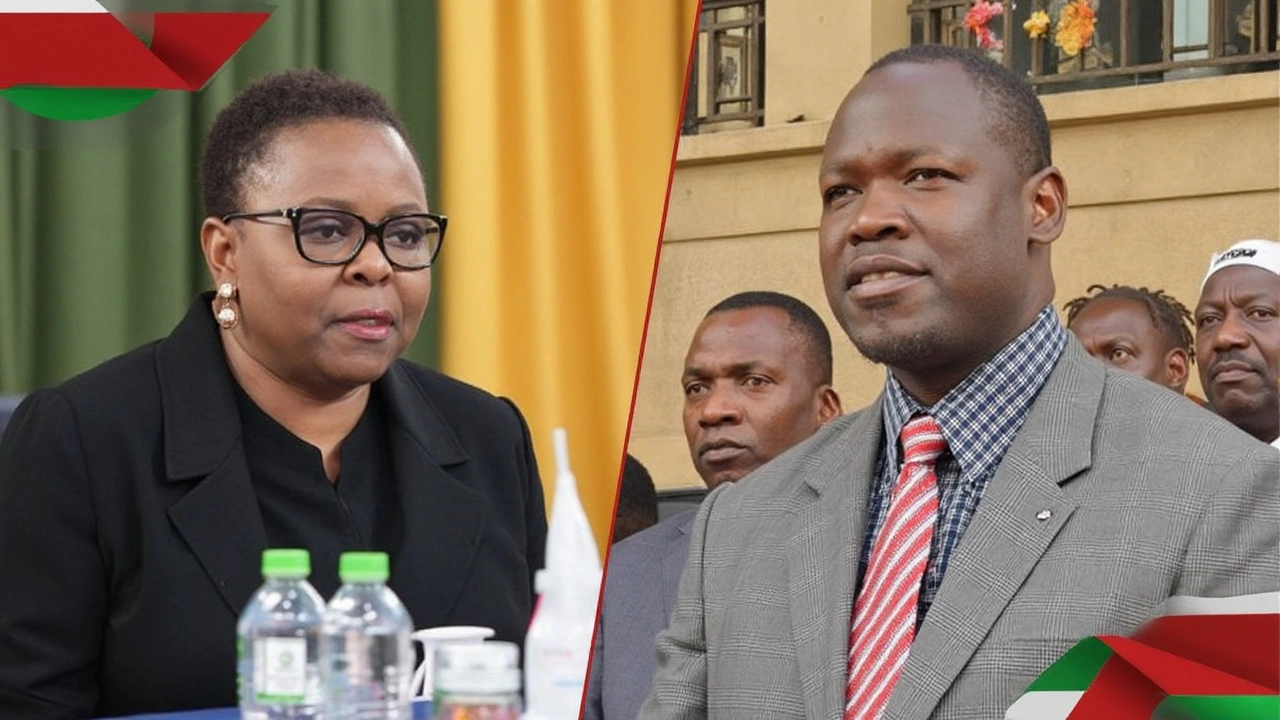Judicial Integrity: Why It Matters Across Africa
When judges follow the rules, everyone wins. A court that sticks to the law protects the innocent, punishes the guilty, and keeps societies stable. Across Africa, stories about politics, business, and even sports often circle back to one core idea: the need for a fair and honest judiciary.
Take a look at recent headlines on BassaNova News. From political turbulence in Kenya to power struggles in Nigeria, the underlying thread is how courts handle disputes. When the legal system is trustworthy, citizens feel safe to speak up, investors feel confident, and governments stay accountable.
Signs of Strong Judicial Integrity
So, what does a solid judicial system look like? First, judges must be independent – no one should be pulling their strings. Second, transparency matters; court decisions should be public and explained in plain language. Third, there needs to be a clear process for handling complaints against judges. Finally, regular training helps judges stay up‑to‑date with new laws and human‑rights standards.
If you notice any of these missing – secret hearings, political interference, or unexplained delays – it’s a red flag. These gaps often lead to public protests, loss of investor confidence, and, worst of all, innocent people losing their freedom.
How You Can Support Judicial Integrity
Even if you’re not a lawyer, you can help. Stay informed by reading reliable news sources like BassaNova News – they highlight both successes and failures in the legal arena. When you hear about a questionable court ruling, share the story on social media and ask for clarification. Support NGOs that monitor courts and push for reforms; many of them rely on public donations.
Another easy step is to demand open data. Ask local authorities to publish court statistics, such as case backlogs and outcomes. More data means more scrutiny, and scrutiny drives accountability.
Finally, if you ever find yourself in a legal dispute, choose a lawyer who respects ethical standards and isn’t afraid to question unfair practices. Your choice sends a signal to the whole system about what you expect from the courts.
Judicial integrity isn’t just a buzzword; it’s the backbone of democracy and economic growth. When courts act with honesty and fairness, the ripple effects touch every part of society – from the street vendor in Lagos to the tech startup in Nairobi. Keep an eye on the news, speak up when something feels off, and you’ll be part of the push for stronger, cleaner courts across the continent.




